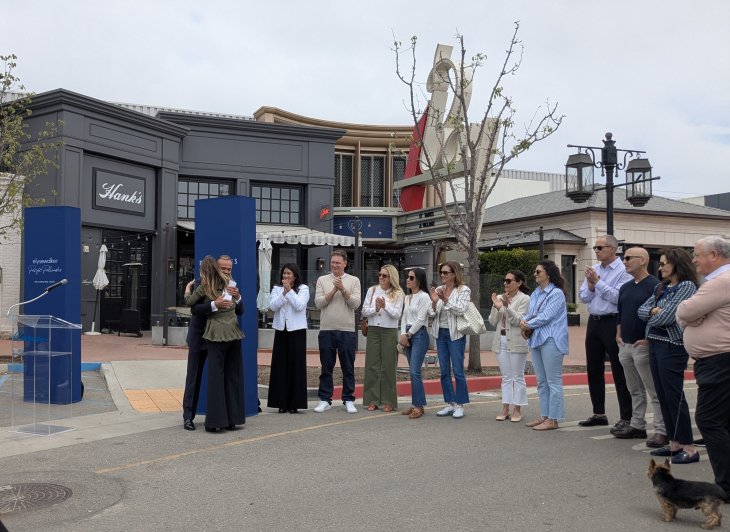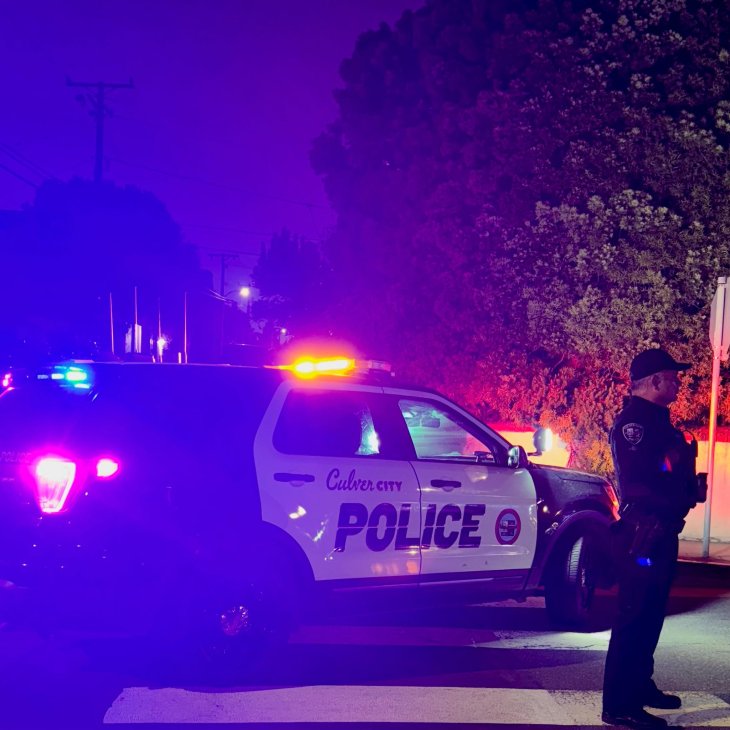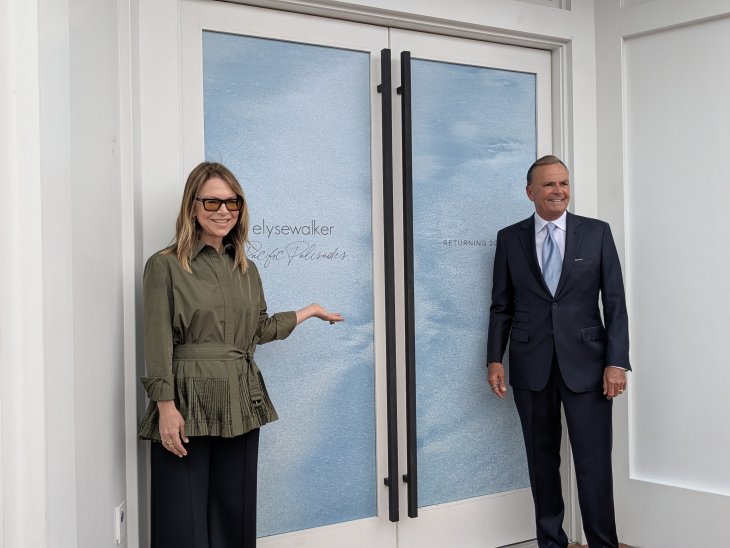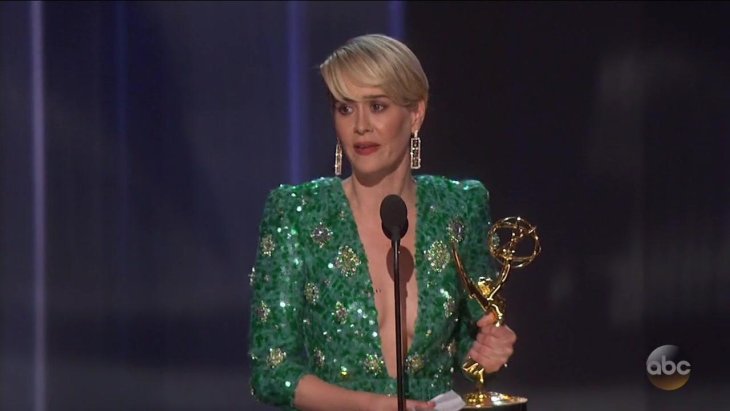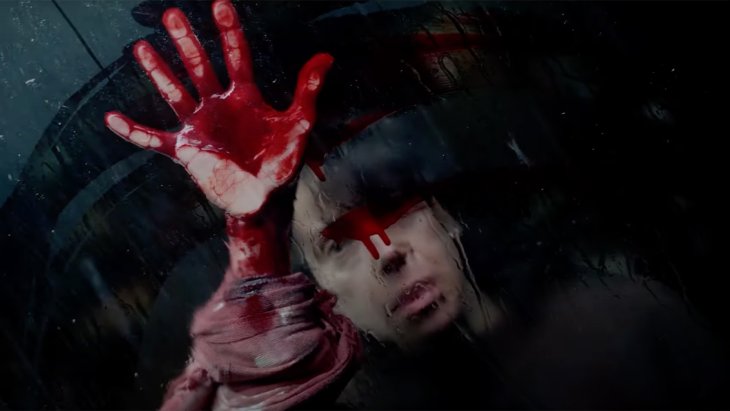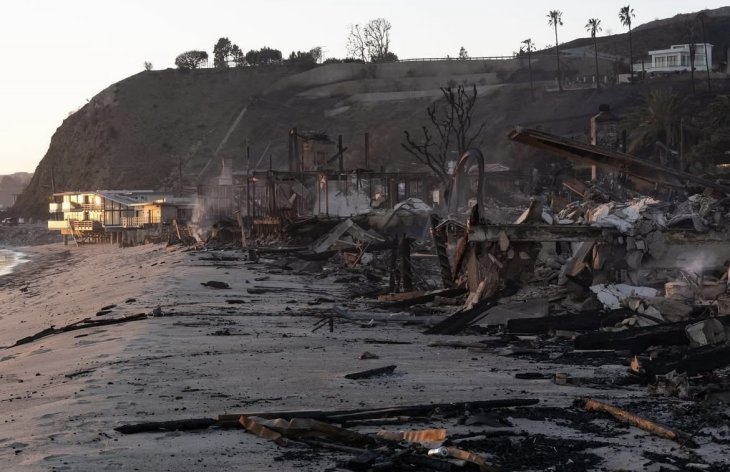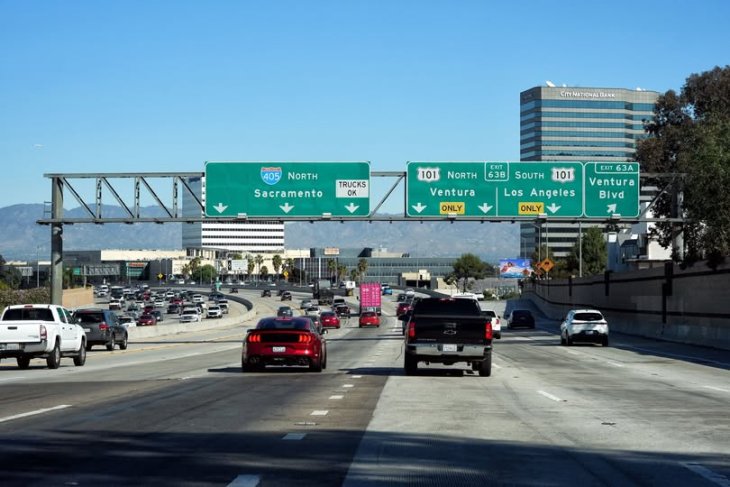 Sunday, November 3, at the beautiful Mandeville Canyon estate of Casey Coates Danson, president of Global Possibilities, a new project was launched designed to end homelessness among the nations’ veterans. Featured guest was artist Davood Roostai,( http://youtu.be/hIC3a8wIk3E) who created a painting especially for this event to raise awareness of the plight of fallen warriors.
Sunday, November 3, at the beautiful Mandeville Canyon estate of Casey Coates Danson, president of Global Possibilities, a new project was launched designed to end homelessness among the nations’ veterans. Featured guest was artist Davood Roostai,( http://youtu.be/hIC3a8wIk3E) who created a painting especially for this event to raise awareness of the plight of fallen warriors.
The fundraiser was the debut event for the Veterans Housing Foundation, a 501(c) (3) that will provide a staging residence for transitional housing and evaluation facilities for veterans who are suffering from mental illness, substance abuse and other disabilities. Then, after stabilization, these veterans will move into permanent housing and receive a network of support services to help them move their lives forward and off the streets .
.
The foundation is the brainchild of realtor, and now founder and presiden of VHF, Hassan Amirsadeghi. A native of Iran, he wears his United States citizenship with pride. The project grew out of his sincere gratitude to this country’s servicemen and women. Many veterans return home with invisible scars and disabilities from PTSD, Military Sexual Trauma, Addiction and other psychological issues. Often, they find them selves unable to navigate the complex landscape of bureaucratic landmines required in order to receive the care that they so desperately need.
VHF is designed to transition these men and women through the maize, networking with private and public organizations to help them get the care and support services that will bring them back from the brink.
Amirsadeghi’s support for the nation’s veterans came o ut of a personal experience. While working on a project in Oceanside, California, he was touched by the sight of a makeshift memorial to the many hundreds of fallen in the community. Oceanside is home to the nation’s largest Marine Corps installation, Camp Pendleton. But there was no permanent memorial for these heroe. Only a makeshift fence on a abandoned gas station existed, where loved ones left hand scribed notes, dog tags and photos to commemorate the men and women they had lost.
ut of a personal experience. While working on a project in Oceanside, California, he was touched by the sight of a makeshift memorial to the many hundreds of fallen in the community. Oceanside is home to the nation’s largest Marine Corps installation, Camp Pendleton. But there was no permanent memorial for these heroe. Only a makeshift fence on a abandoned gas station existed, where loved ones left hand scribed notes, dog tags and photos to commemorate the men and women they had lost.
Amirsadeghi committed his company to creating a permanent memorial to honor these men and women who had made the ultimate sacrifice to protect our freedom – a freedom that he had been denied in his native Iran.
In the process, he became passionate about America’s heroes, who too often end up homeless and abandoned in the shadows of the very society that they sacrificed their health and welfare to protect.
With that in mind, Amirsadeghi debuted this fledgling campaign. VHF has garnered the support of some heavy hitters. His board of directors includes Vice President and Executive Director Rick Sautter. Sautter is a graduate of the U.S. Naval Academy where he served as the Deputy Director of the USDOD’s largest treatment center for addiction and recovery. His work has continued into the private sector where he served as Executive Director of the California Association of Alcoholism and Drug Abuse Counselors (CAADAC) and Director of Operations for Aegis Medical Systems administering 26 opiate treatment facilities throughout California. He currently serves as the President and CEO of Clarity Enterprises Inc. The board also boasts of Roy Anthony Brown, Executive Vice President of Peer Support Services for VHF and Director of Vet-to-Vet West LA; Darryl Boston, VHF Facility Manager, who came from the WLA Veterans Administration where he provided case management services and managed public housing vouchers and social support; and Mark Burman of MEB Capital LLC, who is the Los Angeles County Commissioner for Local Government Services.
The statistics on homelessness for veterans returning from wars in Iraq and Afghanistan are staggering. As a nation, we have not yet solved the problems facing veterans of previous wars. Now, another challenge is forming with this new class of returning warriors.
The largest population of homeless veterans is right here, in Southern California. In previous wars, veterans became homeless 13 years following their return. Today, the average time is 3 years. It is estimated that veterans account for 12% of the nation’s homeless population. More than ¾ of those suffer from posttraumatic stress disorder, addiction and mental health issues. Veterans commonly experience legal problems as a direct result of their mental health issues. 9% of them are women; often single mothers, who have experienced rape and sexual assault during their service. Most will experience a Catch-22; they have to be well enough to get through the bureaucracy in order to receive treatment.
With the current drawdown in Iraq, the number of veterans returning with disabilities is increasing exponentially. Over a 1.5 million veterans have served in the wars in Afghanistan and Iraq; many will be home soon.
The Veterans Administration cannot accommodate the estimated 2.74 million men and women who will be drawing on those resources. The WLA-VA can accommodate 20% of these people, about 10,000. The rest wait, lost in the queue to receive services.
In addition, the West Los Angeles Veterans Administration is geographically a distant destination for the homeless veterans who reside mostly in the South Los Angeles area. They are primarily Latino and Black. They must transit to the VA campus; poverty and mental illness are often the great divide that makes that trek an impossible journey.
To bridge the gap in services and funding, the VHF will be there. Their mission is three-fold: Stabilization, Staging and Placement.
South Los Angeles is in need of a local, comprehensive, cost-effective facility to serve as an entry point for housing and supportive services that can end the nightmare they face every day. That is where VHF comes in. In the first phase, the organization will provide an environment where these veterans can be supported while their needs are thoroughly assessed. They will receive food and shelter and acute-care services to meet their immediate needs.
VHF kicked of the campaign to raise funds for a transitional home that will house the first 16 veterans in South Los Angeles. Here they will be able to address the immediate needs of these heroes, conduct comprehensive assessments and produce a case management plan. And Amirsadeghi plans to make this just the beginning.
“My vision,†says Amirsadeghi, “Is to create as many (homes) as possible, to reach out nationally, until collectively, with synergy from across the country, we can have an end forever to homelessness for veterans.â€
To find out more about the Veterans Housing Foundation, visit them at http://www.veteranshousingfoundation.org/


